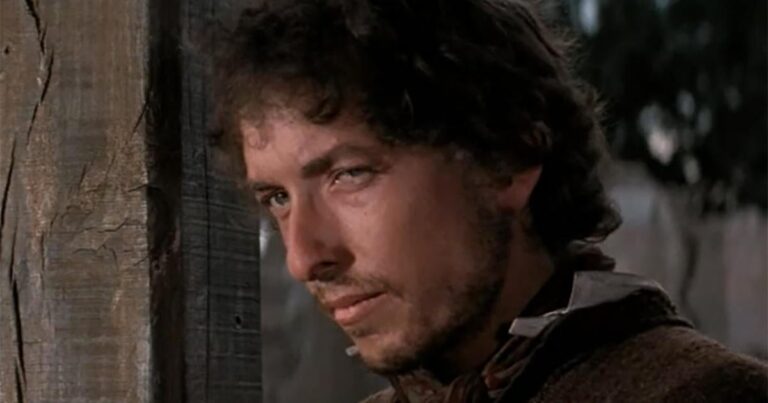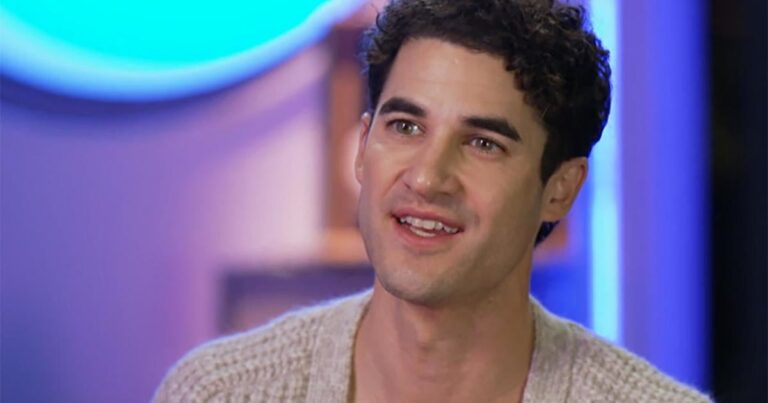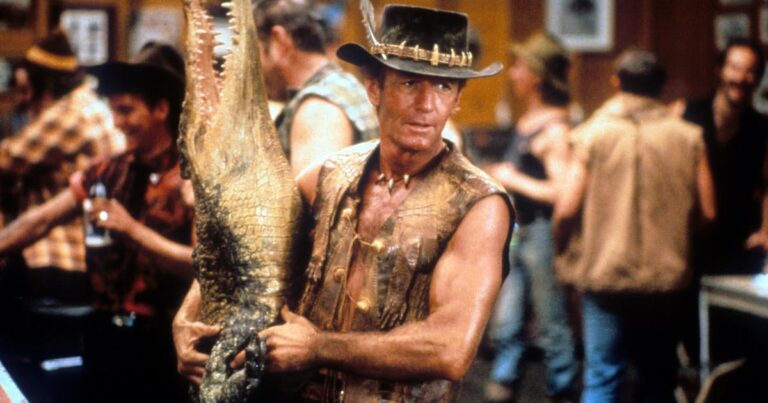
It is probably the most listened to, sung and recorded piece of classical music on Earth. It is “Messiah”, by German-British opera composer George Frideric Handel.
“It has been performed almost continuously from 1742, when it was premiered, to the present day,” said author Charles King. “It’s absolutely everywhere. And you can’t say the same about any other piece of serious music.”
CBS News
The new king’s book, “Every Valley” (Doubleday), gives us the backstory of “Messiah” and its “Hallelujah Chorus,” which appears about two-thirds of the way through Handel’s oratorio. “It’s not the final!” said the king. “People start getting ready to leave, you know, getting their keys and their parking permit, and then they’re like, ‘No, sit down. There’s still a third of this thing to do!'”
“The Messiah” wasn’t really Handel’s idea. The words came from a friend named Charles Jennens. King suggests that it really should be called the “Messiah” of Handel and Jennens.
“Charles Jennens was a wealthy landowner, but he also suffered from this kind of feeling of doom and despair — we might now call it chronic depression or even bipolar disorder,” King said. “He starts taking books off the shelves and copying out bits of scripture. He was also developing, I think, a kind of philosophy of life.”
Conductor and writer Jane Glover has conducted “Messiah” more than 100 times (most recently this month at Trinity Church in New York). “I actually never fail to take my hat off to Charles Jennens for putting this together,” she said. “The Messiah” is made up of three parts. The first part is the Christmas story, which is why everyone does it at Christmas. The second part is the crucifixion, but also the resurrection; and then the third part is about redemption. There is therefore a formidable form in this oratorio in three parts. »
Double day
By the 1720s and 1730s, Handel’s popular Italian-style operas had made him a musical megastar. But around his fifties, his popularity declined. So when he was invited to organize a series of concerts in Dublin, King says, Handel thought he could revive his career: “And so he sat down with this text that he received from Charles Jennens and decided to try to do something You can imagine him thinking, “Hmpf, what am I going to do with this? I have a bunch of Bible verses in the wrong order that I’m supposed to put to some music?” Italian opera? do.”
In his book, King describes the final product as “bizarre.” “He East weird,” he laughed. “It’s the strangest thing Handel ever composed.”
Handel wrote the three-hour piece (for choir, soloists and nine-piece orchestra) in 24 days… 260 pages of music!
At the Morgan Library & Museum in New York, music curator Robin McClellan showed me a replica of Handel’s original score. “It shows the speed at which he wrote. It’s so complicated!” McClellan laughed. “He was very keen to get his ideas down on paper as quickly as possible.”
For the “Hallelujah Chorus,” Handel once wrote the word “Hallelujah”… then used the standard jazz repeat sign that we still use today! “He writes the musical equivalent of ‘et cetera, et cetera, et cetera,'” King said. “At that time, we really didn’t think anything would be played again.”
CBS News
“Messiah” was a huge hit in Dublin and, ultimately, London. It seems to offer a sense of hope and light at a time when they were few and far between.
King said: “The Messiah was born in the dark shadows of the Enlightenment. Britain was at war. The infant mortality rate in London at the time was 75%. And so, the Messiah is a kind of work of art. it’s asking what basis, what possible basis for hope could there be when you have all this evidence around you to suggest otherwise? »
Almost everyone loved it – except Charles Jennens! “He was concerned that Handel had done a cheap job,” King said. “He said, ‘I will never offer my words to Handel again to be so mistreated!'”
Handel agreed to make some changes and Jennens softened. “In the end, he wrote to a friend of his that he thought it was ‘overall a fine composition,'” King said.
The “Messiah” arrived in the American colonies in 1770, six years before this country was even a country. It was performed at Trinity Church in New York, with a similar sound as this month, in the exact same venue.
Trinity Church
Over time, the “Messiah” changed in all kinds of different ways. Handel’s nine-piece orchestra gave way to thunderous musical forces; various toppings were implemented. Glover said, “People sitting in church in hard pews don’t want to sit there for three and a half hours.”
And entire sections have been abandoned. “Some people just open for Christmas; that’s a really good way to do it,” Glover said.
Yet, in all its versions, Handel and Jennens’ masterpiece has conveyed the same message for nearly 300 years: that there is always hope.
“Every generation that heard this stuff felt that this music was a kind of message in a bottle for them,” King said. “It’s a piece of music that does things to us.”
His message? “Have the opportunity to hope; problems can be solved; the world will be okay. And then take it and put it into action.”
For more information:
Story produced by Sara Kugel. Editor: Carol Ross.






